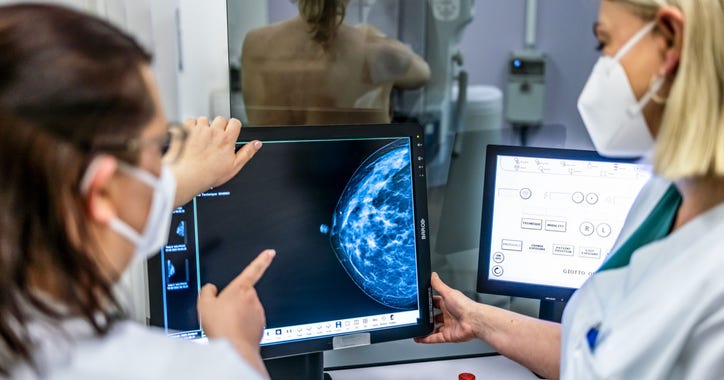Get screened for breast cancer starting at age 40, new recommendations say
Women should get a mammogram every other year starting at age 40, according to new guidance issued Tuesday by the U.S. Preventive Services Task Force.
It’s a considerable drop in age from the prior recommendations, which said women should start getting biennial screenings no later than age 50 and suggested that women in their 40s could talk to their doctor about getting screened.
The change, first released as a draft last year, is a response to rising cancer rates among women in their 40s, as well as evidence that earlier mammograms help save lives. The rate of breast cancer among women ages 40 to 49 increased 2% per year, on average, from 2015 to 2019, according to the National Cancer Institute.



Add comment